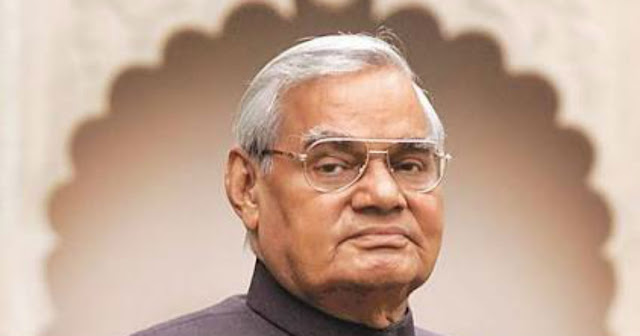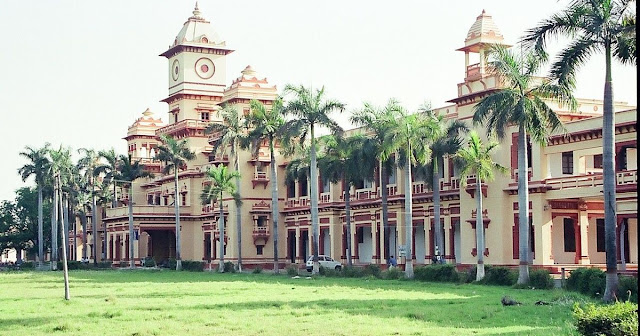A sympathetic case for Hindu Nationalism

The death of Atal Bihari Vajpayee, the first non-Congress Indian Prime Minister who served a full term (the incumbent, Narendra Modi, is likely to become the second), occasioned a wave of sympathetic reflection, even from those who disagreed politically, about the charm, wisdom and integrity of the old man. Scorned in his lifetime as the 'civilised mask' of the Hindu Nationalists, Vajpayee appeared - in his death - a different breed of a politician, particularly in contrast to his successor, approachable, consensual and incorruptible. Though he would always have the dubious distinction of being a lifelong Hindu warrior, stretching from the collaboration with the British government in the pre-Independence years to active sponsorship of sectarian politics in the 80s which led to the horrors of religious riots from Bhagalpur to Bombay, Vajpayee came to represent the reasonable case for Hindu Nationalism in India. His death and the outpouring of respect, demand a re-examinat...


